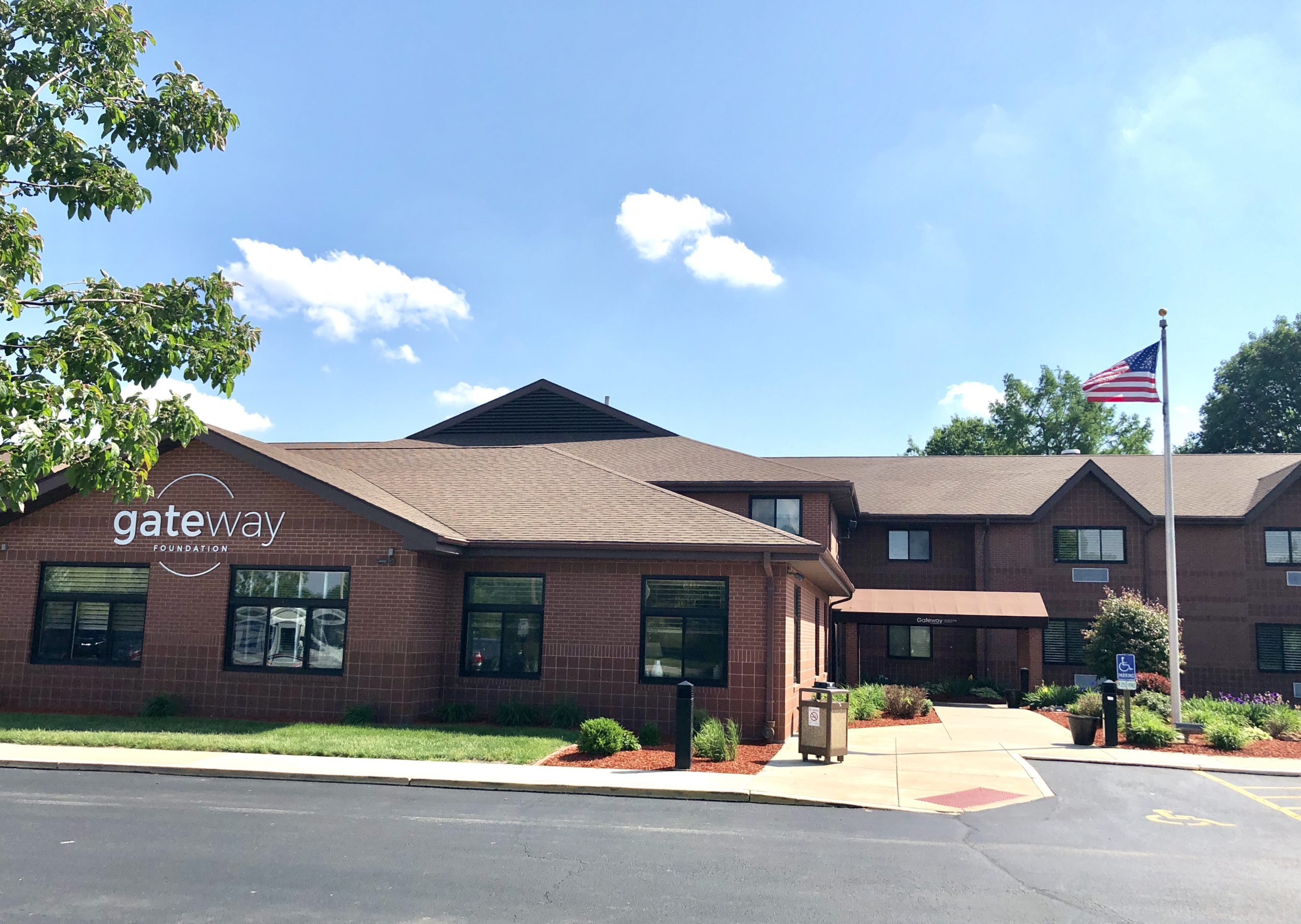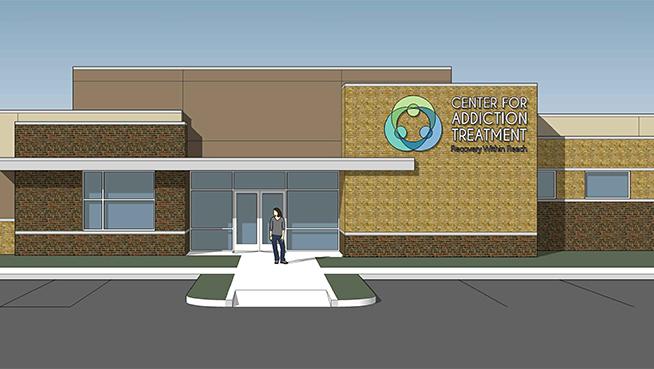Professional Assistance: Navigating Options for an Addiction Treatment Center
Professional Assistance: Navigating Options for an Addiction Treatment Center
Blog Article
Navigating the Journey of Detoxification in the Comprehensive Dependency Therapy Program
The procedure of detoxing holds a significant function in breaking the physical reliance on substances and preparing the person for the succeeding stages of therapy. As people grapple with the difficulties of withdrawal symptoms and the uncertainties that lie in advance, having a durable assistance and a structured strategy system in place becomes critical.
Relevance of Cleansing in Recovery

Detoxing establishes the foundation for the rest of the addiction therapy program by preparing the person for additional treatment and counseling. By cleaning the body important that have been clouding judgment and influencing actions, detox allows clients to approach their recuperation with a clearer mind and more powerful focus.
In addition, detoxing aids in handling the possibly severe withdrawal signs and symptoms that might emerge when medicine or alcohol usage is stopped. Doctor very closely monitor individuals during detox to guarantee their safety and offer needed support. Through this procedure, individuals can begin their journey in the direction of soberness with a supported mental and physical state, increasing the likelihood of an effective healing.
Recognizing the Detox Process
Cleansing, a fundamental part of dependency treatment programs, involves an organized procedure intended at securely getting rid of unsafe compounds from the body to facilitate an effective recovery journey. The detox procedure generally starts with an examination to assess the person's substance usage background, physical health and wellness, and mental health. This assessment assists health care specialists figure out the most ideal detoxification plan tailored to the individual's requirements.
During detox, the body undergoes withdrawal as it adapts to the lack of the compound. Withdrawal signs and symptoms differ depending upon the sort of compound made use of, the duration of usage, and specific aspects. Medical supervision throughout detox is critical to manage withdrawal signs and make sure the person's safety and comfort.

Managing Withdrawal Signs And Symptoms

Medications may be made use of to minimize specific withdrawal symptoms and reduce pain. Medicines like methadone or buprenorphine can help handle opioid withdrawal symptoms, while benzodiazepines might be used for alcohol withdrawal. It is vital for doctor to thoroughly keep track of the individual's action to these medicines to ensure their security and effectiveness.
Along with pharmacological interventions, supportive therapies such as counseling, peer support system, and holistic practices like mindfulness reflection or yoga can help individuals cope with the emotional and emotional obstacles of withdrawal. By addressing withdrawal symptoms adequately, healthcare providers can boost the cleansing experience and support people on their journey to recovery.

Support Solutions During Detox
Support group play an essential duty in providing social and psychological aid to individuals going through detoxification in addiction therapy programs. Throughout the detoxification procedure, people commonly experience a variety of psychological and physical withdrawal symptoms, making this phase challenging - Addiction Treatment Center. Having a solid support system in area can considerably influence the person's ability to browse through detox successfully
Assistance groups provide a platform for individuals to link with others who are going with comparable experiences, using a feeling of community and shared understanding. Health care specialists, including medical check professionals, therapists, and counselors, play a critical duty in checking the individual's development, supplying medical assistance, and using advice throughout the detoxification process.
Looking Ahead: Life After Detox
Having successfully finished the detoxing phase, individuals in addiction therapy programs now concentrate on planning for the challenges and chances that exist in advance in their trip in the direction of recuperation. Life after detoxification notes a critical change duration where individuals must continue to improve the progress made throughout detoxification to maintain their sobriety. It is necessary for individuals to identify that the trip in the direction of recovery is ongoing and calls for commitment, commitment, and a desire to welcome change.
One trick facet of life after detox is the development of coping systems to take care of triggers and food cravings that might arise. This may include learning brand-new skills, such as mindfulness techniques, cognitive-behavioral techniques, and stress management methods, to browse challenging like this scenarios without turning to material use. Furthermore, individuals are motivated to proactively engage in continuous treatment, support system, and aftercare programs to strengthen their assistance network and obtain assistance as they browse the intricacies of life post-detox.
Conclusion
Understanding the detoxification procedure and handling withdrawal signs and symptoms are important steps towards recuperation. It is vital to recognize the relevance of detoxification in the procedure of overcoming addiction and moving in the direction of a life of sobriety.
Medical supervision during detoxification is crucial to take care of withdrawal symptoms and guarantee the person's safety and security and convenience.
By recognizing the detox procedure and its value in damaging the cycle of addiction, individuals can embark on a path in the direction of lasting recovery.
During the detoxification procedure, individuals commonly experience a range of psychological and physical withdrawal symptoms, making this stage difficult. Health care professionals, including therapists, therapists, and medical professionals, play a vital function in keeping an eye on the person's progression, giving medical support, and providing support throughout the detox procedure.
Life after detox marks a critical shift period where people should continue to build on the progression made during detoxification to maintain their soberness.
Report this page